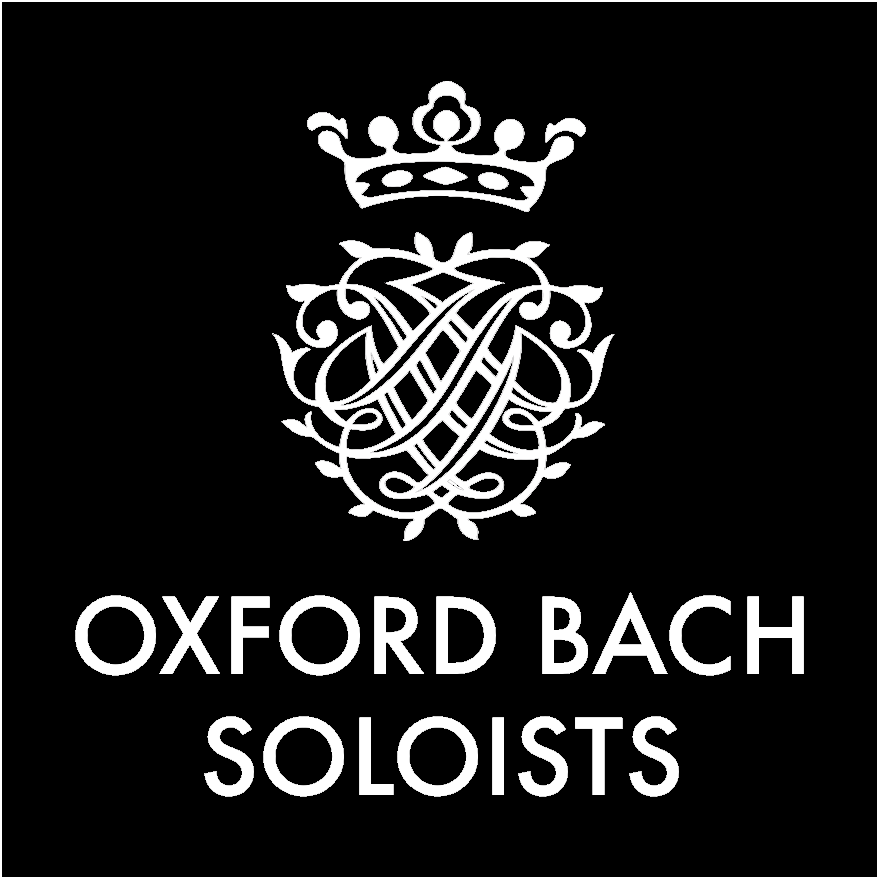Tell us a bit about yourself, and your training and career to date??
I fell in love with baroque music as a child. I was very lucky my childhood recorder teacher, Sarah Fenn, was the concert manager of the English Concert, and so I was exposed to fantastic period performances from the age of 7. I was a fanatical recorder player as a young child (I still am) and my love for Baroque music never ended!
I took up the modern oboe in my teens, and went on to study at the Birmingham Conservatoire and took up Baroque oboe as soon as I got there. After finishing at Birmingham, I got a scholarship to study a postgraduate diploma in historical performance at the Royal Academy of Music in London.
I was lucky enough to gain the position of joint principal oboist in the European Union Baroque Orchestra, which was an amazing springboard into professional life. We toured around Eastern Europe, remarkably before a number of countries had joined the EU, as cultural ambassadors.
In 2014, I was awarded a Winston Churchill Fellowship to travel Europe in search of the instruments used in Bach’s orchestra. Having the opportunity to play and investigate the very instruments from Bach’s time in Leipzig was hugely inspiring.
How long have you been involved in Oxford Bach Soloists and in what role?
I’ve been playing with the ensemble for 3 years now. I’ve enjoyed playing both principal oboe, and as a second player to some of the other wonderful members of the orchestra. OBS’s home is in such an inspiring location, and it has been particularly special to play Bach’s music in New College Chapel.

Which other musical ensembles are you involved with?
I’ve been principal oboe of the Hanover Band for over ten years, and have been fortunate to play with most of the other prominent period-instrument ensembles in England, such as the Orchestra of the Age of Enlightenment and the Gabrieli Consort. I’ve also had the opportunity to work with some great orchestras abroad.
Trips include playing with the Australian Chamber Orchestra, where we recorded Mozart’s Violin Concertos with Richard Tognetti, as well as playing with Pinchgut Opera and the Canberra International Music Festival.
I also frequently appear as a soloist and orchestral player with the wonderful local orchestra Norwich Baroque, and I am directing two programmes with them this summer.
Tell us more about Bach’s oboes? What makes his writing so unique?
Bach’s writing for oboe is phenomenal. He makes use of each member of the oboe family to its full potential, understanding the attributes of the tonal qualities of the oboe, oboe d’amore and the oboe da caccia perfectly. The remarkable quality that he has is that although he pushes the performer to the limits of the instruments, he also understands its limitations perfectly and never demands something that can’t be achieved, even if it is incredibly challenging.
Cantata 199, which we are performing next weekend, is a good example of this. He chooses a particularly difficult key to play in for a baroque oboe, with multiple cross fingerings caused by the accidentals, but its perfect to the affekt and character of the music.
What do you see as a value of ensembles like OBS to local professional musicians?
I think it’s very important for musicians to work together with other local professionals. The group has a real sense of community, not just between the players, but also with the audience. Often professional musicians have to travel far from home, so performing locally is a real delight. In a way it feels like Bach is visiting Oxford, and having musicians sourced from the locality makes us really feel like his hosts.



